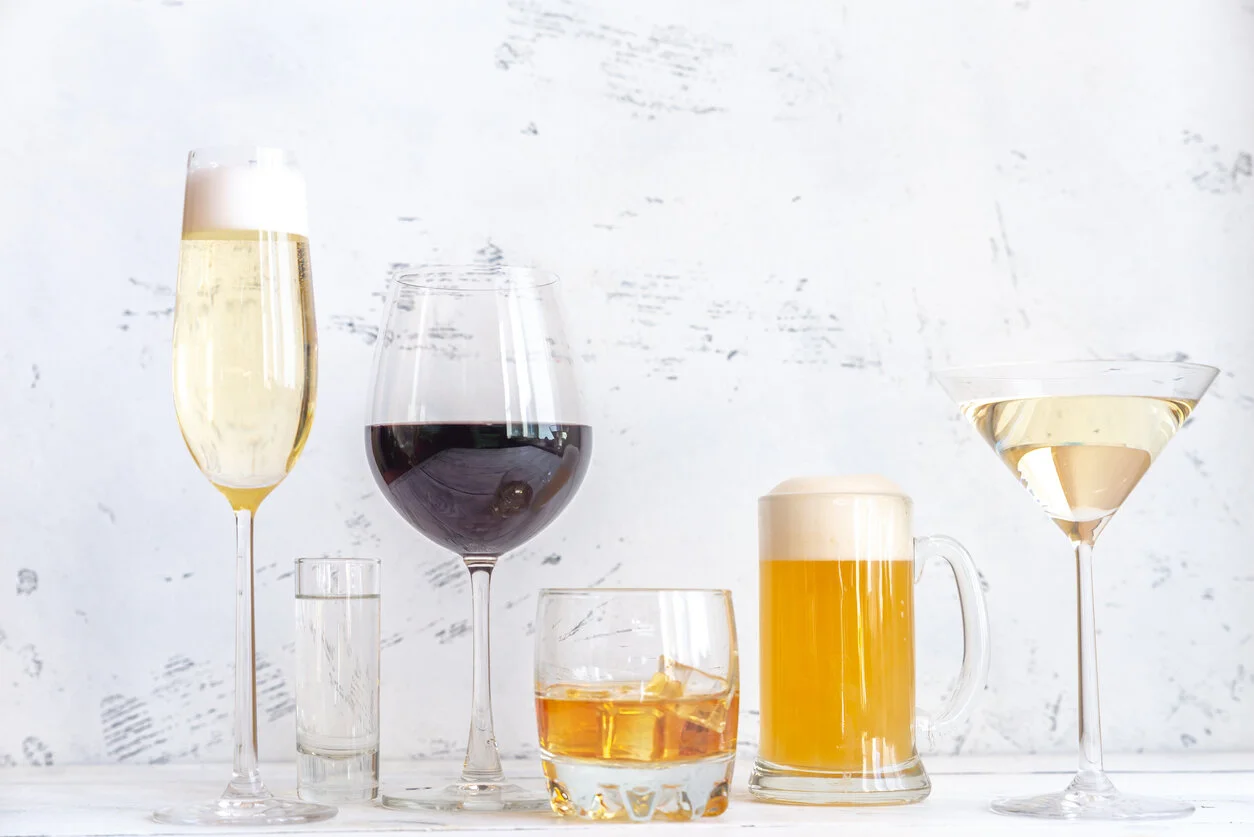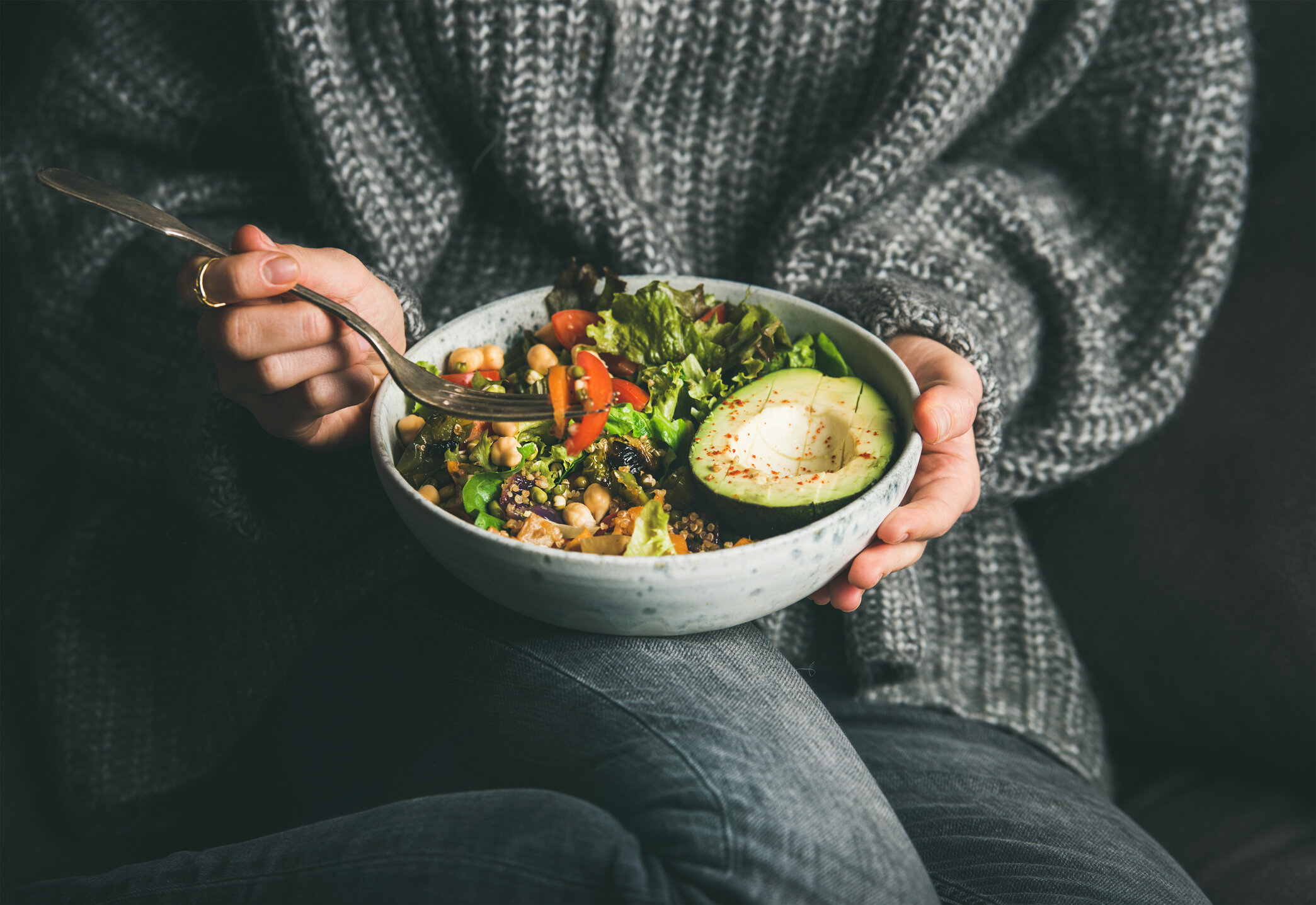What Does It Mean To Be Vegan-Friendly? A Guide To Vegan-Friendly Foods And Products
By: Suzanne Kvilhaug
Whether you’re interested in making more vegan choices for yourself or you’re just trying become more informed about where and how animal products are used - the first step is learning a little bit about what it really means for products to be vegan-friendly. But its also important to know the many ways some things turn out to be not-so-vegan-friendly.
Just a fair warning, there’s a lot to learn and you may be surprised by the amount of things that aren’t vegan. To help you navigate what’s what in the world of being vegan-friendly, here’s a helpful little starter guide.
What does vegan-friendly mean?
If something is vegan-friendly, it does not contain animal ingredients or animal-derived ingredients. But ideally, it also means that no animals or animal products were used in any part of it’s creation.
When it comes to how products are labeled, the difference between something being “vegan” (with a logo or trademark) vs stating that it is “vegan-friendly” or “suitable for vegans” may only be related to a certification from a vegan organization. These certifications (which we’ll cover in a sec) also ensure that the product was not tested on animals. Because vegan is not necessarily the same as cruelty-free.
Some products which use animal testing can still call themselves vegan-friendly because their ingredients are vegan. So, for some, vegan-friendly might also include freedom from animal testing, in addition to being free from animal-based ingredients.
How do you check to see if packaged foods are vegan?
Labels have come a long way! As veganism continues to grow in popularity, more brands are making an effort to point out their vegan-friendliness right on the label. But there are a couple of ways a brand might get a more “official” vegan stamp of approval.
A product may carry a “Vegan Trademark” which means it has been approved by the Vegan Society for certification as a vegan product. If a company or manufacturer calls a product vegan, but it has not been registered with the Vegan Trademark, the Vegan Society may refer to it as “vegan-friendly” rather than vegan.
Additionally, The Vegan Awareness Foundation, the group behind Vegan.org, also offers a certification. Any product bearing the“Certified Vegan” logo has been through an approval process to ensure the absence of animal products. In order to be certified vegan by either organization the products must also be cruelty-free.
But not every vegan-friendly product has applied for the rights to use a trademark or certification and may label itself “vegan-friendly” or “suitable for vegans” on it’s own. That doesn’t mean it’s any less vegan, only that it hasn’t been vetted by an external organization to ensure it meets their standards.
Finally, not all vegan products are clearly labeled as vegan or vegan-friendly at all. Don’t be automatically be discouraged if something you want hasn’t promoted its vegan-ness on the label. But do read the ingredient list to learn more. One easy indicator that something is not vegan is to scan for allergen information and if it reads “contains milk, eggs, shellfish” then it’s definitely not vegan.
What Food ingredients aren’t vegan?
There are a lot of ingredients that are not vegan! Some foods you might expect to be 100% vegan sometimes contain one or more animal-derived ingredients. Besides obvious things like milk and eggs there are many foods and products that may seem inherently vegan, but actually aren’t.
For example beer, wine or fruit juice may be filtered, defoamed, or clarified with animal products. So while the wine may be made from grapes, it may be filtered through animal derived “fining agents” like casein (milk protein), blood and bone marrow, egg albumen (derived from egg whites), chitin (fiber from crustacean shells), fish oil, gelatin (protein from boiling animal parts) or isinglass (gelatin from fish bladder membranes). So wine, which seems like a “given” vegan product, may not be vegan-friendly at all.
For you vegan wine drinkers, don’t worry, those animal-based fining agents can be replaced with suitable vegan alternatives like carbon, bentonite clay, limestone, kaolin clay, plant casein, silica gel, and vegetable plaques. Most wines don’t list their fining agents (for obvious reasons, they all sound gross) so instead you’ll want look for wines that are labeled as vegan, vegan-friendly or those that say “unfiltered”.
If you want to take a deeper dive, Peta has created a comprehensive list of animal-derived ingredients and their alternatives.
So what are generally considered vegan-friendly foods?
Your best bets for vegan-friendly foods are usually going to be plant-based foods and whole grains. If you keep it simple and look for foods that have few ingredients or, better yet, are the ingredients, you’re going to be off to a strong start. But here’s a short list:
Legumes such as peas, beans, and lentils
Tofu, seitan, tempeh
Nuts and seeds
Some breads, rice, and certain pasta
Plant-based milks
Vegetable oils
How do I find vegan-friendly restaurants?
Use Happy Cow! Happy Cow has reviews of vegan restaurants, guides to healthy vegetarian food, natural food stores and lists vegan-friendly options nearby, recipes, and travel.
Besides food, what else may not be vegan?
Honestly, everything! This is potentially the trickiest part of being vegan-friendly. Most household items are worth putting through an “is this vegan?” inspection. Simple, everyday things like soap, shampoo, skincare products, makeup, laundry detergent and clothing may not be vegan. There are several ingredients, that show up in a number of these products that can make them vegan-unfriendly. Fortunately, for most things, there is a vegan alternative - you just need to know how to spot both.
For example glycerine, a product used in several personal care items, is an animal fat but vegetable glycerin is also a thing, and that’s ok for vegans. So, you’d just want to look for the word “vegetable’ before glycerine in the ingredient list.
Here are a few more lists you might find useful:
A comprehensive vegan clothing guide that can serve as a great reference for what to wear.
This Vegan Home Guide for tips when it comes to your living space.
A Vegan Beauty Guide with some vegan-friendly brands for hair and skincare products.
Check out this Vegan Product Guide for a full data base that you can search for specific products.
Are there any vegan-Friendly apps?
Yes! There are definitely some great apps that can help serve as guides, here are few worth downloading:
Is It Vegan, Cruelty Cutter, Vegaholic, AirVegan, Gonutss, Food Monster
Whether your interest in vegan products is for health reasons, concerns over animal cruelty, or to help the planet, becoming more vegan-friendly is a journey well worth taking. There’s a lot to learn, but once you start to get familiar with vegan labels, terms and ingredients it will become second nature. As with anything, the beginning can be a little challenging but with time, you’ll find shopping for vegan products a breeze.
For more vegan-friendly food suggestions, tips, recipes, and advice- check out these PureHealthyLiving articles:
Plant-Based Diet Recipes For Beginners
How to Succeed at Staying Vegan Long Term
Cutting Out Dairy With These Plant-Based Substitutes Is Almost Too Easy
A Plant-Based Shopping List For When Supplies Are Scarce
Foods You Didn't Know Were Vegan
Vegan Cheese Is A Thing! 5 Vegan Cheese Recipes You'll Love
Is A Plant-Based Diet A Fad? 9 Reasons A Plant-Based Eating Is Here To Stay!
More Articles you Might Like















